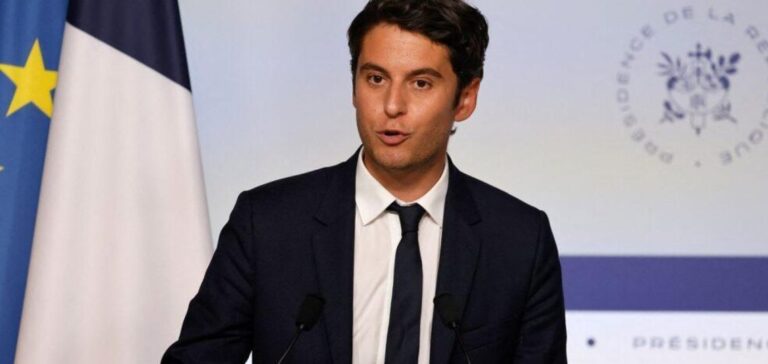France is about to launch a major consultation on its energy and climate strategy, orchestrated by the French National Commission for Public Debate (CNDP). The aim is to gather opinions on the multi-annual energy program (PPE) and the national low-carbon strategy (SNBC), which are essential for achieving the 2030 objectives. Prime Minister Gabriel Attal’s announcement reflects the importance attached to nuclear and renewable energies, and to reducing carbon emissions.
The expectations of environmental players
Having met with the Prime Minister, environmental NGOs are hoping for a strong political commitment behind this consultation, at a time when France is lagging behind on its climate targets. Anne Bringault, from the Climate Action Network, stresses the importance of incorporating the feedback from this consultation into the final decisions, a crucial step in bringing France into line with its climate commitments.
Delay and revision of the energy bill
The energy bill, initially scheduled for early February, has been postponed and amended several times. Withdrawn from the parliamentary agenda until the summer, this project was supposed to define energy production and CO2 emission reduction targets. These delays are due to difficulties in forming a parliamentary majority and finalizing consultations.
Past and future consultations
An initial online consultation had already been carried out following the publication of the French Strategy for Energy and Climate (SFEC). However, the minutes of the meeting were not published, leaving unanswered questions about the integration of stakeholder contributions. The next consultation, announced without a precise timetable, aims to fill these gaps and strengthen dialogue.
Faced with these challenges, the government is stressing the need to build a new consensus around the energy and climate strategy. This is part of a drive to strengthen citizen participation and take into account a wide range of opinions and expertise in shaping France’s energy policy.






















